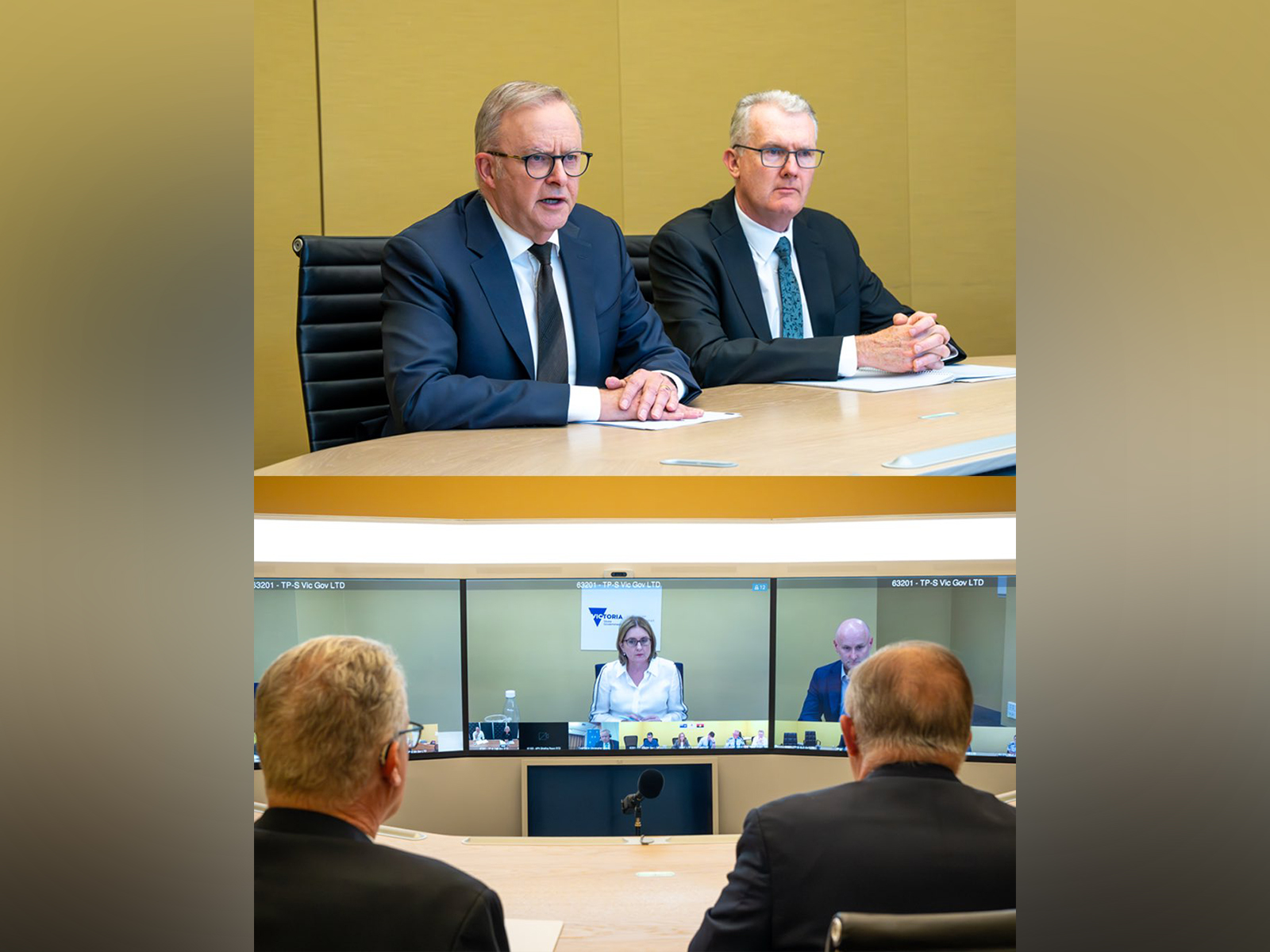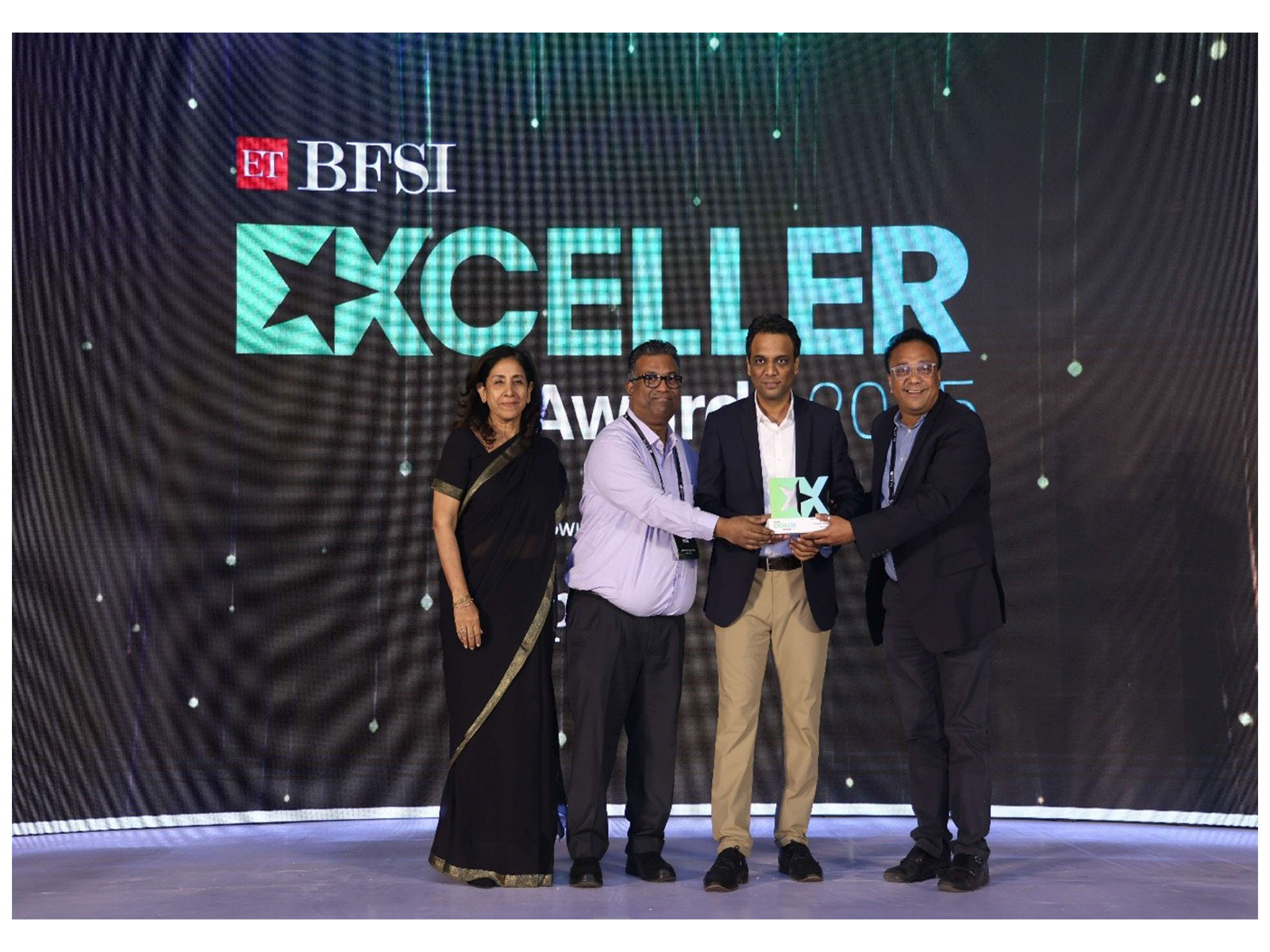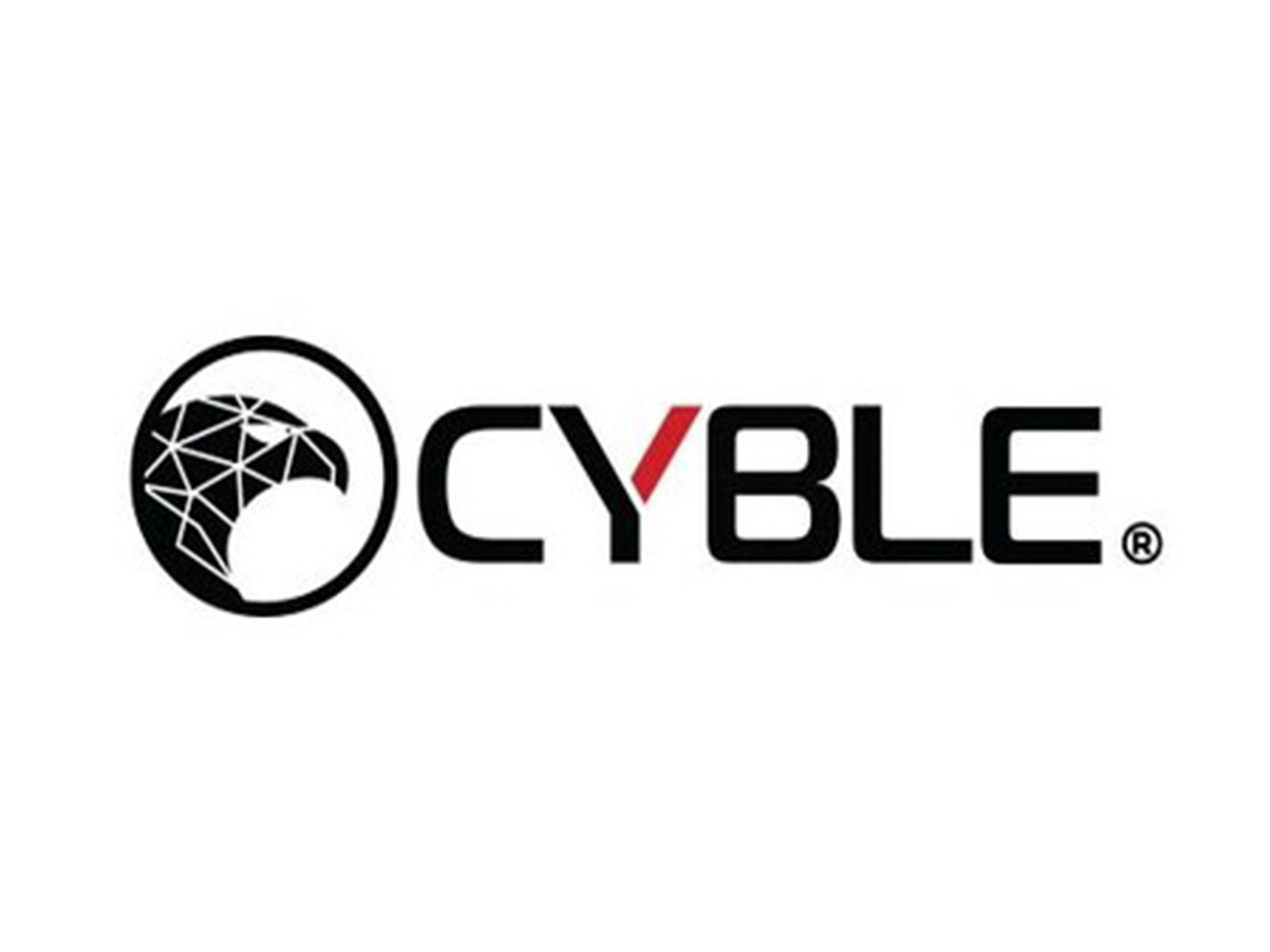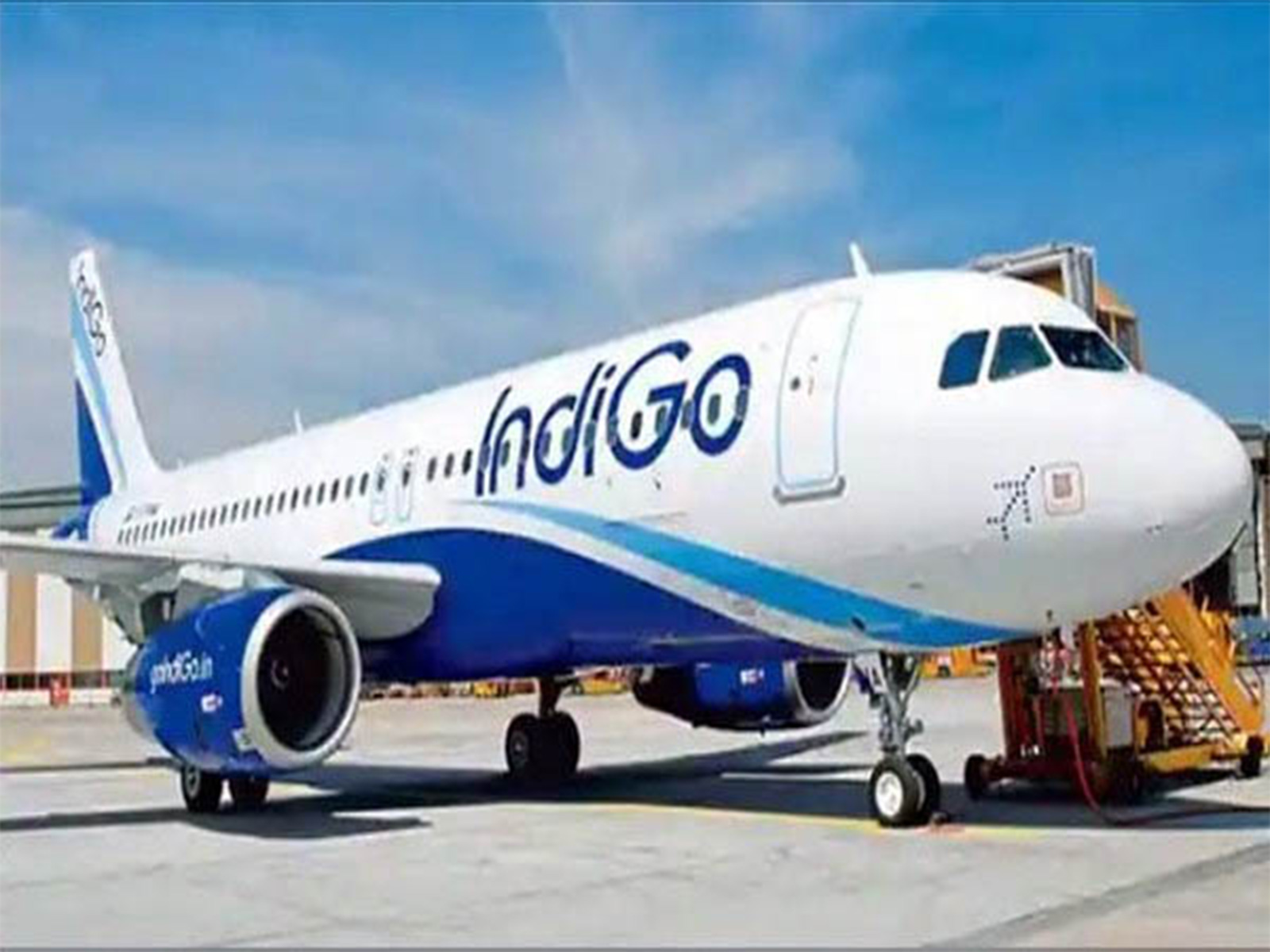Sequoia India set for big payday with IPO of Indonesia's GoTo
Jul 05, 2021

By Lee Kah Whye
Singapore, July 5 : With the world's fourth most populous country grappling with fresh outbreaks of COVID-19 forcing it into its first-ever widespread lockdown, a significant business event that will impact the lives of Indonesians especially during the COVID pandemic and well beyond, sort of flew a little under the radar.
Two of Indonesia's largest tech unicorns announced that they will be combining to form a new entity that currently contributes two percent of the country's GDP and potentially ten percent if the ambition of Tokopedia's CEO is realized.
The announcement in May that Gojek and Tokopedia are merging will result in a company with a combined value of USD18 billion based on valuations during fundraising between 2019 to 2020. The new entity, named GoTo, is seeking a concurrent listing in the United States and on the Jakarta Stock Exchange this year that could give the integrated company a public market value of between USD 35and 40 billion.
On July 1, Indonesia reluctantly announced a two-week lockdown but only for the main island of Java where the capital city Jakarta is, and the resort island of Bali. This followed reports that Indonesia's COVID-19 cases have trebled to over 20,000 per day in the last three weeks, challenging the limits of its healthcare system. Indonesia has less than half the intensive care beds per capita compared with India. The lockdown will affect about 55 percent of its population and 12 of the country's 34 provinces.
As with other countries that have experienced lockdowns, food delivery and e-commerce will become an important part of Indonesians' lives. This is where Gojek and Tokopedia will have the opportunity to thrive. Gojek operates one of the largest ride-hailing and delivery services in Southeast Asia and Tokopedia is an e-commerce behemoth in Indonesia.
Gojek was established in 2010 as a call centre to manage customers of motorcycle taxis and courier delivery services. Over time, and with the introduction of technology, its "super-app" today provides over 20 services including movie ticket purchasing, food delivery, online shopping, courier services, games, massage and manicures. This is on top of its ride-hailing services. Its Go-pay e-wallet is the country's fourth-largest after services provided by established banks and a mobile operator.
Their expansion is in line with its founders' aspiration to be a one-stop platform to solve every problem for their customers.
Gojek also operates in Singapore, Vietnam, Thailand and the Philippines.
In India, Gojek has set up a development centre focusing on product, engineering and design in Bengaluru following its acquisition of a handful of Indian tech startups- C42 Engineering, CodeIgnition and mobile app developer Left shift. Other Indian firms it has take over include home healthcare startup, Pianta and AI recruiting platform AirCTO.
Gojek is backed by global tech giants such as Google, Facebook, Tencent and PayPal as well as investment firms which include America's KKR and Warburg Pincus, Singapore's sovereign wealth fund GIC and Sequoia India. The latter was involved in 5 rounds of funding and holds 4.95 percent of Gojek, according to tech and VC (venture capital) portal Momentum Works.
Tokopediawas founded in 2009 as an e-commerce marketplace connecting small merchants and buyers. Its founders' objective was to democratize commerce through technology by narrowing pricing discrepancies for similar products throughout the large archipelago nation. "Toko" is Indonesian for the shop.
Currently, in addition to an e-commerce marketplace, it has among other ventures, a fintech and payment business, a retail business as well as integrated logistics and fulfillment services that can reach up to 98 percent of Indonesia. It claims to offer "more than 42 digital products that simplify the lives of many."
According to a report by iPrice Group in 2019, Tokopedia was the most visited eCommerce website in Indonesia with a 25 percent market share.
It counts among its investors, Softbank, China's Alibaba and Sequoia India. Sequoia has an 8.05 per cent stake in the company. It has also attracted funding from Singapore state-own investment firm Temasek and Google.
The newly merged entity, the GoTo Group, is the most valuable tech company in Indonesia and the first platform in Southeast Asia to combine e-commerce, on-demand services, and financial services including digital payments.
That the two companies are now together should not be surprising. They have complementary services and even back in 2015, the two began to cooperate by using Gojek drivers to provide same-day delivery for Tokopedia products during their off-peak riding hours.
Although neither company is profitable, Gojek and Tokopedia jointly had a gross transactional volume of USD 22 billion in 2020 and accounted for over 1.8 billion transactions. Within the newly combined ecosystem, there are over 100 million monthly active users, more than 11 million merchants, and about 2 million drivers.
Reuters reported sources saying that investors of Gojek own 58 percent of the combined entity with the rest of the company belonging to Tokopedia shareholders. This gives Sequoia India a rough stake of 6.25 percent. If the company does list later this year and lives up to the upper end of its expected valuation as a public company, Sequoia's investment will have grown to a cool USD 2.5 billion.
A 2020 research report co-produced by Facebook and Bain & Company, said that Southeast Asia online spending fuelled by contactless and home-based consumption habits following the pandemic is expected to triple and reach close to USD 150 billion by 2025. This exponential growth is expected to continue even with the easing of physical distancing measures.
"Southeast Asia, historically, has had a bit more challenging time getting on the radar next to China and India," said Florian Hoppe, a partner at Bain & Company. "The last few years have shown that now, the digital economy is actually rivaling at the very least India. But the potential's clearly there and I think international investors have woken up to that."




















